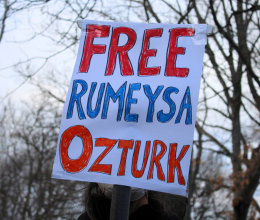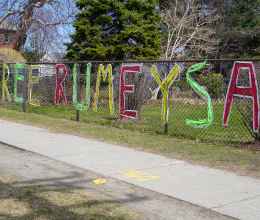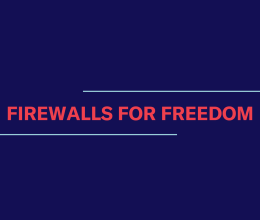
“Those who have no record of what their forebears have accomplished lose the inspiration which comes from the teaching of biography and history.”
― Carter G. Woodson
Historian Carter G. Woodson’s words seem prophetic when, today, a vocal minority seeks to bury the truth of our history and squash the inspiration needed to persevere in such dire times.
Woodson, the so-called “Father of Black History,” created the precursor to Black History Month when he launched the celebration of Negro History Week in 1926. In the 1960s, Black History Month was recognized by cities, towns, universities, and schools around the country, and every president since 1976 has honored the celebration. For so many, February is about recognizing the accomplishments and contributions of Black Americans while planning for a future where equality and civil rights are inherent parts of our everyday lives. We are still working towards that future.
The ACLU of Massachusetts’ Racial Justice Program is continuing its work to dismantle systems of inequality in our schools, our health care, our democracy — and fighting those who seek to violate the civil liberties of the marginalized.
We work against book bans in our schools that seek to silence BIPOC and LGBTQ+ voices, thus violating the rights of all students to learn. We work in coalition with our partners to eliminate health disparities in Black maternal health outcomes. We fight to end racist policing and to eliminate racial inequities in every stage of our criminal legal system. And our BIPOC to the Ballot Box initiative gives voice to the frustrations of BIPOC voters in communities with large and growing BIPOC populations but little BIPOC elected representation.
Black History Month is a time to recognize that our commitment to equity extends beyond a single month and beyond a single issue area. From voting rights to free expression to policing to reproductive justice, we fight the battle against systemic inequities every day. During this month dedicated to hearing Black voices, we hope that the stories told, the awareness gained, and the discussions ignited serve to fortify us all for the coming fights.
Let us remain committed in our dedication to upholding the rights of all people. Now more than ever, we must stand up and demand equality; we must honor and celebrate our differences. We must be resolute in our ongoing commitment to creating a Commonwealth where equity becomes the norm.
“I am ready to act, if I can find brave men to help me.”
― Carter G. Woodson

